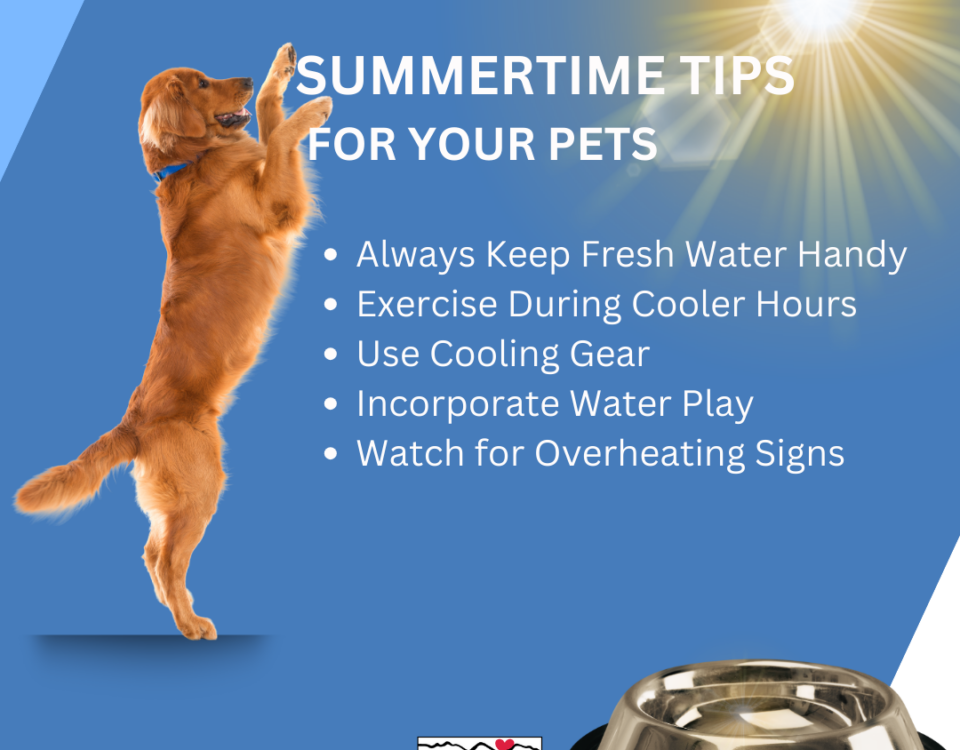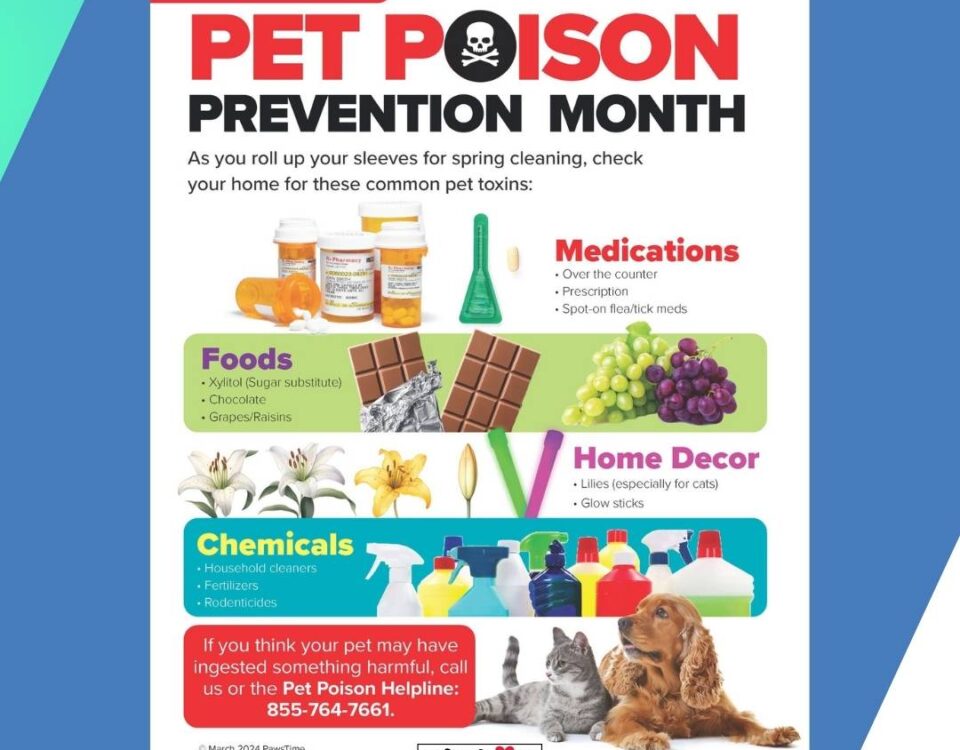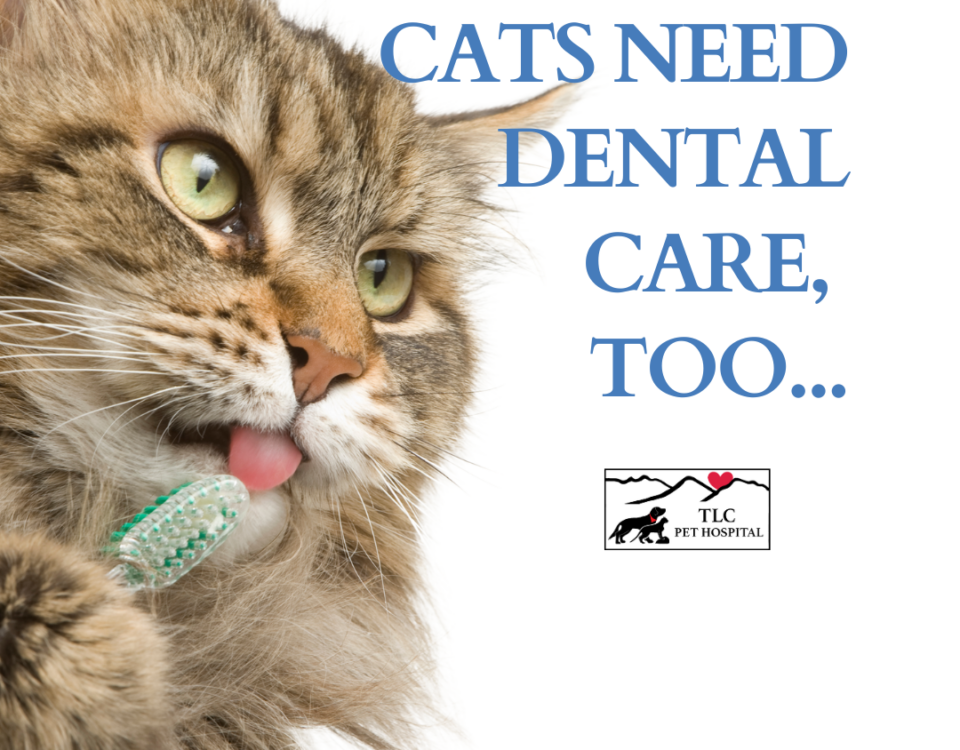Nail Trimming 101
January 31, 2014Wow! Look At What This Puppy Swallowed!
February 17, 2014Cats begin to show visible age-related changes at about seven to twelve years of age. There are metabolic, immunologic and body composition changes, too. Some of these are unavoidable. Others can be managed with diet.
- Start your cat on a senior diet at about seven years of age.
- The main objectives in the feeding an older cat should be to maintain health and optimum body weight, slow or prevent the development of chronic disease, and minimize or improve clinical signs of diseases that may already be present.
- As a cat ages, health issues may arise, including:
– deterioration of skin and coat
– loss of muscle mass
– more frequent intestinal problems
– arthritis
– obesity
– dental problems
– decreased ability to fight off infection - Older cats have been shown to progressively put on body fat in spite of consuming fewer calories. This change in body composition is inevitable and may be aggravated by either reduced energy expenditure or a change in metabolic rate. Either way, it is important to feed a diet with a lower caloric density to avoid weight gain, but with a normal protein level to help maintain muscle mass.
- Talk to your veterinarian about increasing your senior cat’s vitamin E intake. Antibody response decreases as cats age. Increasing the intake of vitamin E in cats older than seven years of age can increase their antibody levels back to those seen in younger cats!
- Antioxidants such as vitamin E and beta-carotene help eliminate free radical particles that can damage body tissues and cause signs of aging. Senior diets for cats should contain higher levels of these antioxidant compounds. Antioxidants can also increase the effectiveness of the immune system in senior cats.
- Routine care for geriatric pets should involve a consistent daily routine and periodic veterinary examinations to assess the presence or progress of chronic disease. Stressful situations and abrupt changes in daily routines should be avoided. If a drastic change must be made to an older pet’s routine, try to minimize stress and to realize the change in a gradual manner.
Thank You http://www.aspca.org/pet-care/cat-care/feeding-older-cats !



